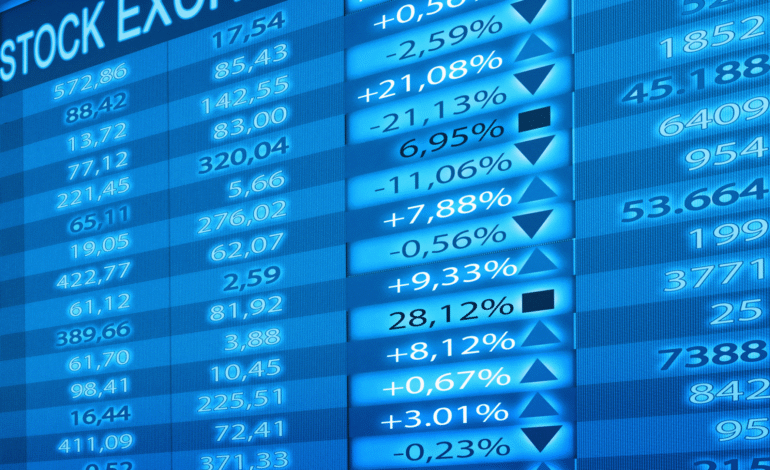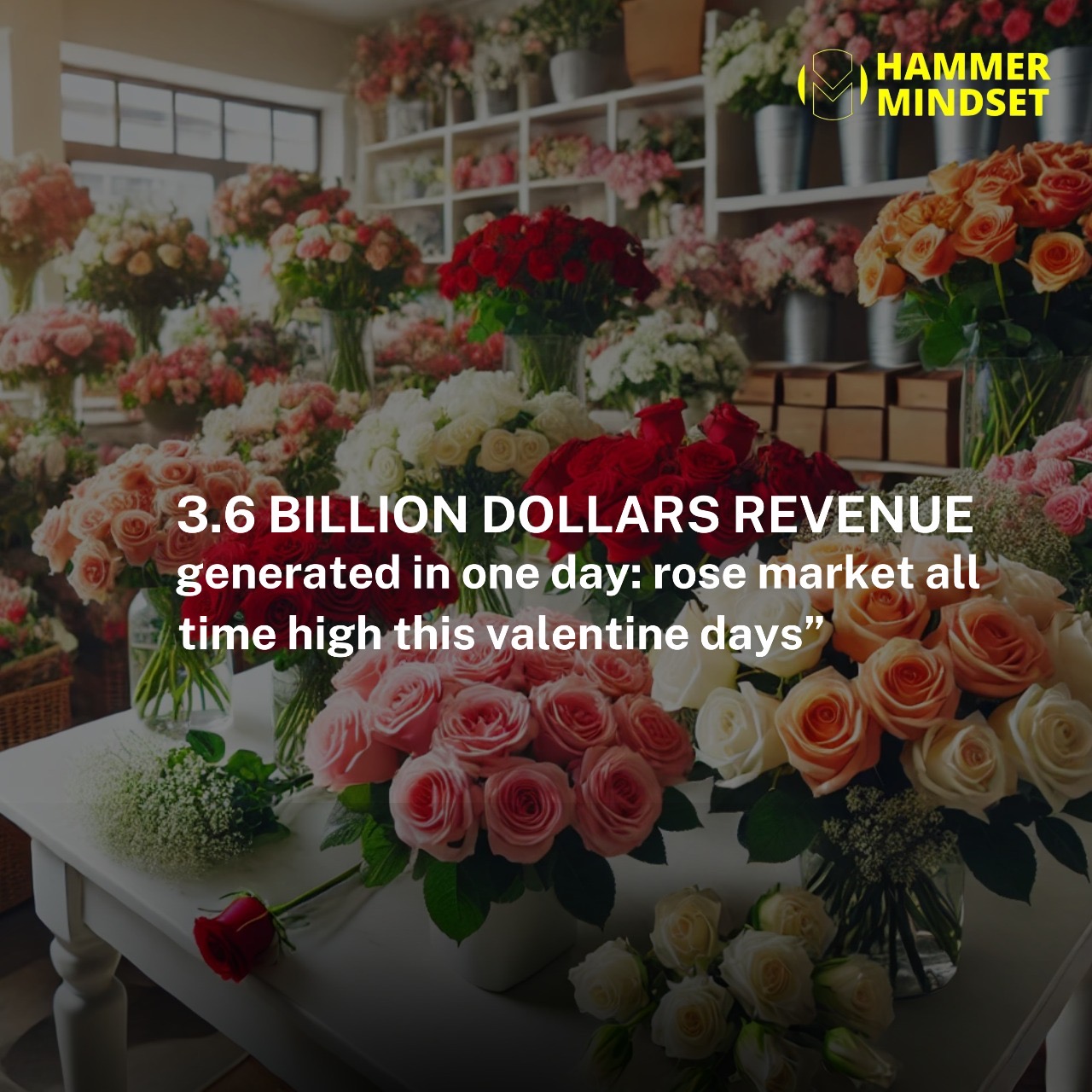In the ever-evolving landscape of Gulf Cooperation Council (GCC) stock markets, the first quarter of 2025 has revealed a clear frontrunner in attracting foreign investment—Abu Dhabi. According to newly released data by Kamco Invest, the Abu Dhabi Securities Exchange (ADX) led all regional stock markets with the highest net buying by foreign investors. Over the course of the three-month period, international investors poured an impressive $2.3 billion into the ADX, significantly outpacing all other exchanges in the region.
This development underlines a strong shift in investor sentiment toward Abu Dhabi’s financial market, driven by a range of strategic, economic, and situational factors. One key reason for this surge is the combination of local selloffs and external tariff uncertainties that presented foreign buyers with an opportunity to secure undervalued equity positions.
Comparison with Regional Peers in the Gulf Stock Markets
The data clearly shows that while Abu Dhabi gained the most attention from overseas investors, other exchanges also saw foreign activity—albeit to a lesser extent. Boursa Kuwait followed ADX with net buying of $705.6 million, while the Dubai Financial Market stood third, attracting $343 million in foreign investment.
Saudi Arabia and Bahrain also recorded net buy trades, albeit significantly smaller in comparison, with foreign investment reaching $252.3 million and $23.2 million respectively. Conversely, both Qatar and Oman experienced notable net selling, with foreign investors pulling out $421.0 million and $459.2 million, respectively.
Overall, GCC markets saw a cumulative foreign net buying of $2.8 billion in Q1-2025, slightly down from $3.0 billion in the previous quarter. Despite the minor drop, the figures still indicate a positive trend in terms of foreign interest, especially in Abu Dhabi.
Monthly Trends and Market Shifts Throughout the Quarter
Breaking down the quarter month-by-month reveals intriguing patterns. January and February were marked by strong foreign interest across most GCC markets, especially in Abu Dhabi and Saudi Arabia. However, March took a different turn. Many exchanges saw net selling by foreign investors during the month, a shift attributed to global economic factors and regional investor behavior.
Boursa Kuwait proved to be the exception. It was the only exchange that saw consistent foreign buying in all three months of the first quarter. This resilience further cemented its standing as a relatively stable choice among the region’s investment destinations, even though it did not eclipse Abu Dhabi in overall foreign capital inflow.
Impact of Global Economic Trends and Tariff Policies
One of the most significant factors influencing the behavior of investors was the global economic outlook, particularly the uncertainty surrounding U.S. trade policies. The possibility of increased tariffs on American imports and retaliatory measures by trading partners created anxiety in global markets. Such developments affected investor sentiment not only in the U.S. but also in emerging markets, including those in the GCC.
For foreign investors, this presented a dual-faceted opportunity. On one hand, there was the chance to enter the GCC markets during a downturn. On the other, lower valuations in the region, prompted by local investor selloffs, made shares in fundamentally strong companies more attractive. Abu Dhabi, with its relatively mature regulatory environment and increasing visibility on the global financial map, benefited the most from this dynamic.
Holiday Effects and Regional Market Sentiment in March 2025
The seasonal nature of market behavior in the Gulf cannot be ignored. The month of March coincided with the Eid holidays, a period typically associated with reduced market activity and a tendency for local investors to liquidate positions. This seasonal effect added to the downward pressure on prices, prompting more net selling by domestic players.
However, this trend provided a window for foreign investors to increase their exposure to high-potential assets at discounted prices. The shift from local to foreign ownership during this period speaks volumes about the confidence of overseas investors in the long-term potential of the region’s leading markets.
Historical Context and Long-Term Foreign Investment Patterns
When examined in the context of historical data, Q1-2025 stands out not for its sheer volume, but for its continuation of a broader trend. Over the past five years, foreign investors have typically been net buyers in GCC stock exchanges, with only one quarter registering net selling.
The peak of this trend was observed in Q1-2022, when foreign investors injected $11.0 billion into regional markets, largely favoring Saudi Arabia and Qatar at the time. Although 2025’s figures are more modest, the consistency of foreign involvement signals sustained global interest in GCC economies, with Abu Dhabi now taking a leadership role.
Saudi Market Sees Mixed Signals Among Different Investor Groups
The performance of Saudi Arabia’s stock market offers a more complex picture. Local retail investors continued to offload their positions, resulting in net selling of SAR 1.0 billion. However, Saudi institutions turned net buyers during the quarter, contributing SAR 102.8 million in net purchases.
Foreign investors from outside the GCC played a notable role in Saudi Arabia’s market by registering SAR 2.4 billion in net buy trades. Yet this was partially offset by net selling of SAR 1.5 billion by GCC investors, demonstrating a divergence in investment strategies between local and foreign market participants.
Notably, Saudi Arabia’s Capital Market Authority announced reforms allowing foreign investment in listed companies that own properties in the religiously significant cities of Makkah and Madinah. While the long-term impact of this policy is yet to be seen, the announcement alone is likely to spark future international interest.
GCC-Wide Investor Behavior and Intra-Regional Investment Patterns
Across the GCC, investment activity by GCC-based investors also reflected a trend of net selling. For Q1-2025, these investors offloaded a total of $482.3 million in shares, compared to $505.3 million in Q4-2024. The only bright spots in this segment were Boursa Kuwait and the Dubai Financial Market, which received $56.9 million and $12.4 million respectively in net buying from GCC investors.
The continuing net sales in Abu Dhabi, Saudi Arabia, Qatar, and Oman by GCC investors contrast with the inflows from international buyers. This divergence in investment behavior suggests that while local investors are taking a cautious approach—possibly to hedge against near-term economic uncertainties—foreign investors are taking a longer-term, value-driven perspective.
Emerging Initiatives and Market Enhancements Across the Region
Despite the short-term challenges, several exchanges in the region are working to increase their attractiveness to global capital. Oman’s Muscat Stock Exchange, for instance, recently announced new investment initiatives focused on collaboration with other exchanges to boost liquidity. These measures are aimed at broadening the appeal of Omani equities to both local and international investors.
Such initiatives are not isolated. Across the GCC, there is growing recognition of the importance of creating investor-friendly environments that support transparency, liquidity, and innovation. As countries diversify away from oil dependence, their capital markets are expected to play an increasingly critical role in supporting economic development.
A Look Ahead: Sustaining the Momentum in Foreign Investment
While the Q1-2025 data paints a largely positive picture, sustaining this momentum will depend on several factors. The ability of markets to manage external shocks, such as shifts in U.S. monetary policy, geopolitical risks, and volatility in energy markets, will play a decisive role. Additionally, continued reforms, increased IPO activity, and broader inclusion in global indices could enhance investor confidence.
Abu Dhabi’s strong showing in the first quarter sets a benchmark for others in the region. Its success reflects not just opportunistic buying but a broader vote of confidence in its regulatory framework, economic fundamentals, and forward-looking initiatives. As GCC economies navigate the complexities of a changing world, fostering an environment that welcomes and retains foreign investment will remain a strategic priority.
Abu Dhabi Leads While the Region Adjusts to Change
The first quarter of 2025 highlighted Abu Dhabi’s rising stature in the global investment community. With foreign investors making significant commitments, the emirate has emerged as a beacon of financial confidence amid global uncertainty. While other GCC markets showed varying levels of foreign interest, the overarching theme remains clear—international investors continue to see long-term promise in the Gulf.
The journey ahead will be shaped by how well these markets respond to economic headwinds, seize reform opportunities, and maintain a balance between domestic and foreign participation. In that context, the story of Q1-2025 is not just about numbers—it’s about a region actively reshaping its financial destiny.








